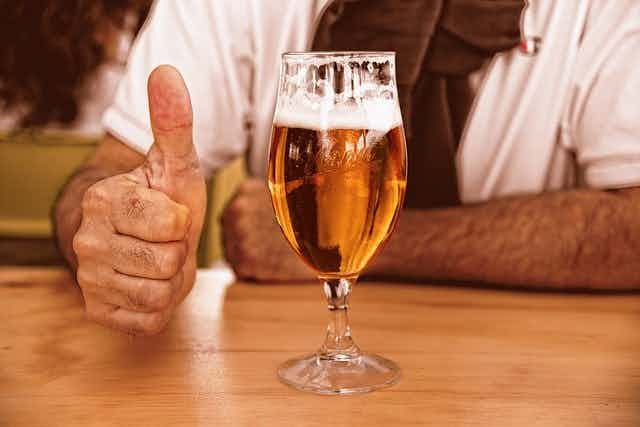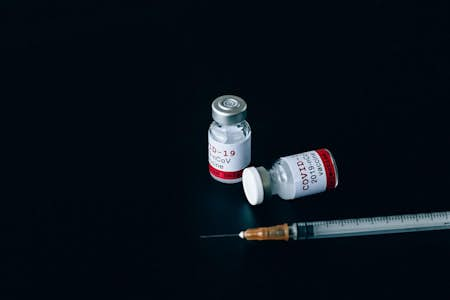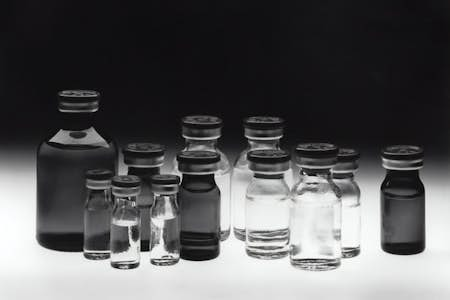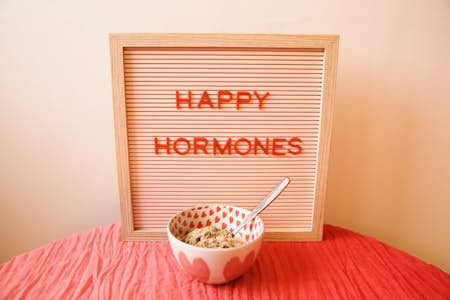The UK Government hasn’t given an official guideline regarding drinking alcohol after having a Covid vaccine. If you go on the NHS website, there is also no specific guidance regarding the Covid vaccine and alcohol.
When you book your vaccine, you are not told to avoid alcohol before the vaccination. You also aren’t currently asked to refrain from drinking after you receive your shot. But before you reach out for the wine glass, there are a few things you should know.
The Covid vaccines and alcohol
The UK vaccination program is in full swing. The vaccine is currently available to over-30s in England and Scotland and over-18s in Northern Ireland and Wales. Around 50% of the UK population has already received both shots. The approved vaccines in the UK are:
- Pfizer-BioNTech vaccine
- AstraZeneca vaccine
- Moderna vaccine
- Janssen vaccine (available later this year)
What does data suggest regarding alcohol and the effectiveness of the vaccine?
Research is limited. For example, participants weren’t told to avoid alcohol during the Moderna and Pfizer-BioNTech vaccine trials. The trial findings also had no mentions of people having issues after drinking alcohol, suggesting there isn’t cause for concern. It is unlikely alcohol impacts the effectiveness of the vaccine.
But even if alcohol doesn’t reduce the vaccine's effectiveness, it might still be beneficial to avoid drinking. Experts have recommended people getting the vaccine stay away from drinking. The independent medical advisory panel for Drinkaware, the alcohol advice charity, has said it might be beneficial to avoid alcohol before and after the vaccination. The panel's chair, Dr Fiona Sim, told the Independent, "We advise that you consider not drinking for two days before, and up to two weeks after you've been vaccinated, to try to ensure your immune system is at its best to respond to the vaccine”.
Alcohol and the immune system
The reason you might want to skip the wine after getting your vaccine is to do with its negative impact on your body’s immune system. Several studies have shown alcohol may reduce the body’s immune response. Research suggests alcohol also increases susceptibility to infection, especially among those over 50. This means the body might not be as prepared and healthy to respond to the vaccine. These findings apply to heavy drinkers, with moderate drinking not considered as dangerous.
There is no denying heavy drinking can harm your body. Research shows heavy drinkers:
- Recover slower from infection and wound-healing.
- Are more susceptible to pneumonia.
- Have a higher risk of acquiring bacterial and viral infections and other medical conditions such as sepsis and certain cancers.
The negative impact of alcohol is not only about how much you drink. The length of time you’ve been consuming large amounts of alcohol can increase the risks. For example, the stress on your liver is increased the more years you keep drinking alcohol.
None of this is to imply you should skip your vaccination. Getting vaccinated is important, even if you are a heavy drinker.
Research also suggests heavy drinkers have more severe Covid symptoms. As mentioned earlier, your body is more susceptible to infection, and your immune system is less powerful, if you are a heavy drinker. Getting Covid might put your body under more stress, and protecting yourself from the virus should be your priority. Experts, including the Drinkaware panel, suggest you get the vaccination whether you drink or not. The vaccine will protect you against Covid-19 and its harmful effects on your body.
Reducing your alcohol consumption is a beneficial thing to do for your body regardless of what else is happening in the world. If you are a heavy drinker, you may wish to explore ways to drink less. You should also get the Covid vaccine to protect you from the virus.
The Covid vaccine, alcohol and side effects
One of the reasons experts suggest limiting your alcohol consumption is due to the possible side effects of the vaccine itself. The vaccine can cause some side effects, with the most common including:
- A sore arm from the injection
- A mild headache
- Feeling tired and achy
- Fever
These side effects tend to be mild and should not last longer than a week. If your symptoms are severe and don’t go away, you should contact your GP.
All of us who have ever had too much to drink knows the side effects sound like a hangover, which is why experts are recommending you stay away from alcohol. If you drink heavily before or after the vaccination, you might have trouble separating the side effects caused by the vaccine from those caused by drinking. You might wake up with a headache after drinking a lot right after your vaccine, but knowing if the headache is a side effect of the drinking or the vaccine won’t be easy. You can end up associating the symptoms to the vaccine or vice versa.
Therefore, it’s a good idea to avoid alcohol after the vaccination. It allows you to listen to your body and identify any possible side effects. You’ll give your body time to recover, and it'll also allow you to report any side effects accurately to the NHS system, providing better data to researchers.
Alcohol and the Covid vaccine
While data suggests alcohol is unlikely to reduce the efficiency of the Covid vaccination, you should consider lowering your consumption when you are offered the vaccine. Avoiding alcohol for a few days can be a good idea to ensure your immune system is best placed to respond to your jab.
The main thing is to get the vaccine when you can; data suggests the vaccines effectively protect against the virus. In the grand scheme of things, catching Covid has more potential to be harmful to you than drinking a pint of beer after your vaccine. If you can get the vaccine, then you should. Cut your alcohol consumption to a minimum around the time of the vaccine to make sure you recover as fast as possible from the potential side effects. After all, receiving both of your vaccines and reducing your risk of catching Covid will make that next drink a few days later taste just a little bit sweeter!






